- Social distancing is visual.
- Keeping your distance is near-impossible for people who live with vision loss.
- Our #SafelyDistancedOCFL campaign highlights this issue and how you can help.
TOP TIPS
The coronavirus pandemic is not yet over. Social distancing is having a devastating impact on the independence of our neighbors who are blind and visually impaired.
Here are some tips for the sighted community to help us all stay safe. These tips can be helpful when interacting with our friends and neighbors who live with blindness and vision loss during the coronavirus pandemic:
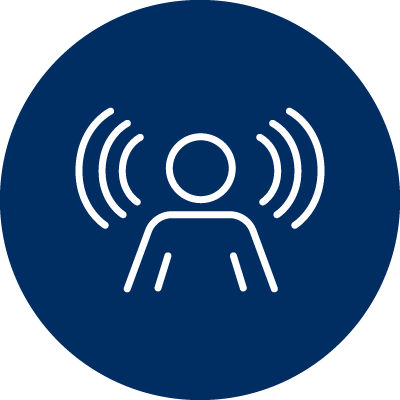
Be Aware:
Don’t fall for preconceived notions about how a person with vision loss should look. Be aware that they don’t all wear dark glasses, use a cane, or have a guide dog. Vision loss is not always that obvious.
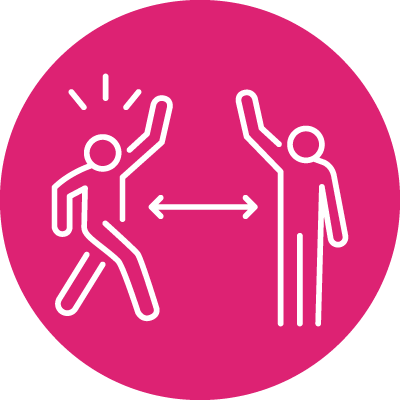
Social Distancing:
Help with social distancing. Many blind and visually impaired people find it impossible to know if they are maintaining the six feet distance recommended by the CDC. So please help out by maintaining the six feet distance yourself as floor markers may not be apparent to persons who are visually impaired and/or blind

Introduce Yourself:
Don’t be shy. If you can see someone might need some help, just introduce yourself and ask. A simple “Hello, can I help you in any way?” goes a long way.

Don't Make Assumptions:
Allow an individual who is blind or visually impaired to tell you how you can help. Don’t just assume that they are trying to cross an intersection when in fact all they could be looking for are some directions. So please just ask.

Be Yourself:
Don’t feel weird or afraid to use visual language like “See you soon” or “See you later”. Just relax and be yourself.
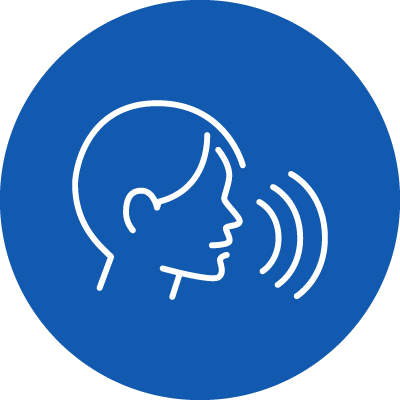
Say Something:
Pointing at something or saying, “Your chair is over there” is not always helpful to someone who is blind or visually impaired. Try saying, “Your wine glass is by your right hand.”

Take Interest:
People who live with vision loss all see differently. Vision loss is a spectrum, it’s not black and white. Some individuals living with vision loss may need help being guided, whereas others may just need some assistance reading something from time to time. For those individuals with really low vision, remember to do things like say when you are leaving a room so they don’t think you have just gone very quiet.
This page will be updated with tips and links to resources to help keep you informed about how to assist and interact with our neighbors who live with blindness and vision loss, during the pandemic.
SIGN-UP FOR OCCASIONAL UPDATES:
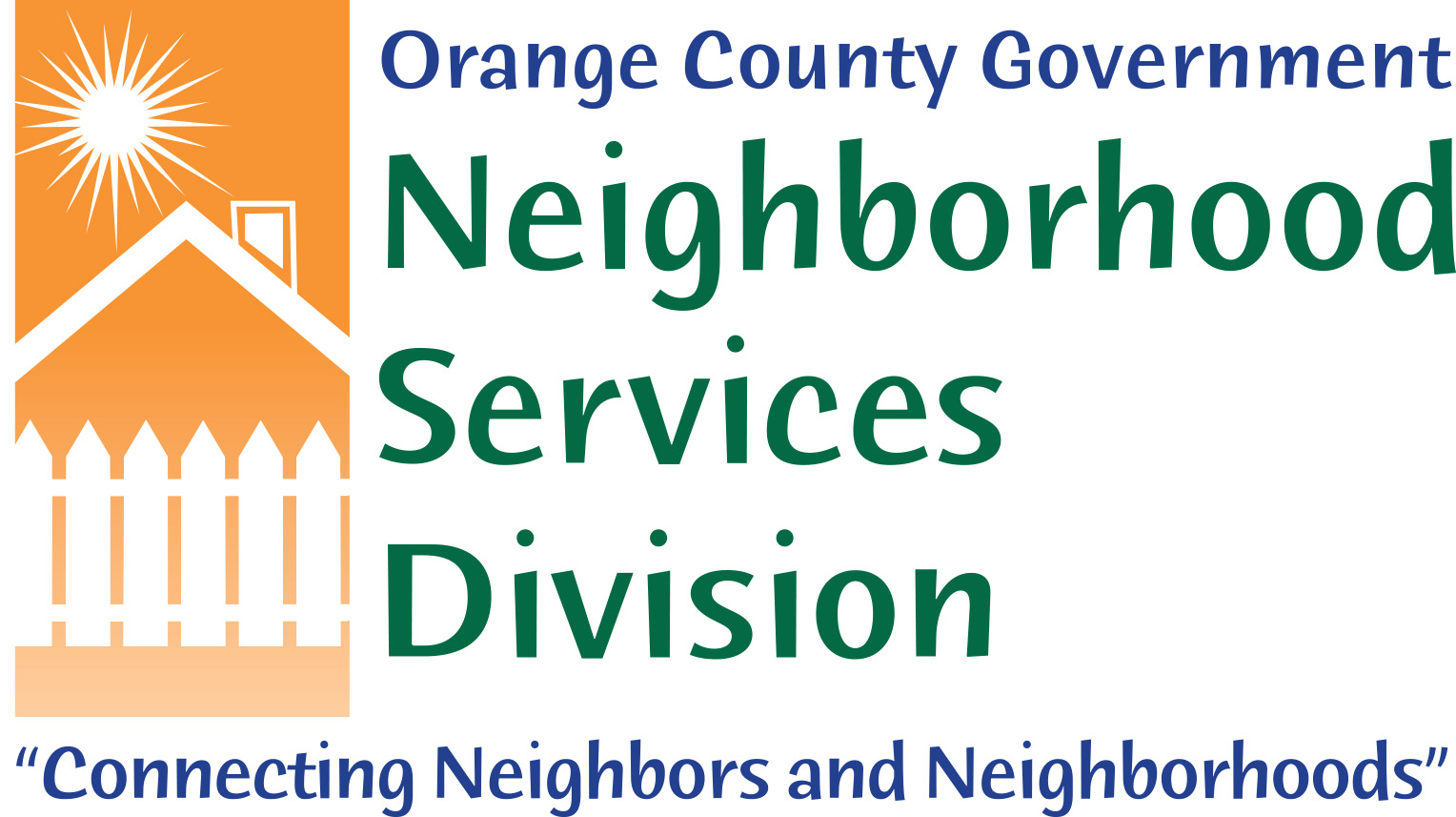
This campaign is supported by a generous grant from the Orange County Government Neighborhood Services Division

